It’s normal to treat a friend every now and then—maybe you grab their coffee, cover lunch, or surprise them with something small. It’s a kind gesture that usually makes both people feel good.
But when one person starts expecting it every single time, that kindness can quickly turn into frustration. One Redditor learned this the hard way when her friend began assuming she’d always pay for everything, justifying it by saying she was “struggling” while her friend “had money.”
Realizing she was being taken advantage of, the woman decided she didn’t want to keep someone like that in her life. Here’s how it all unfolded.
The woman spent the day paying for her friend and her kids at the fair, thinking she’d get the money back

Image credits: valeriygoncharukphoto/Envato (not the actual photo)
Only to find out her friend never meant to return a cent
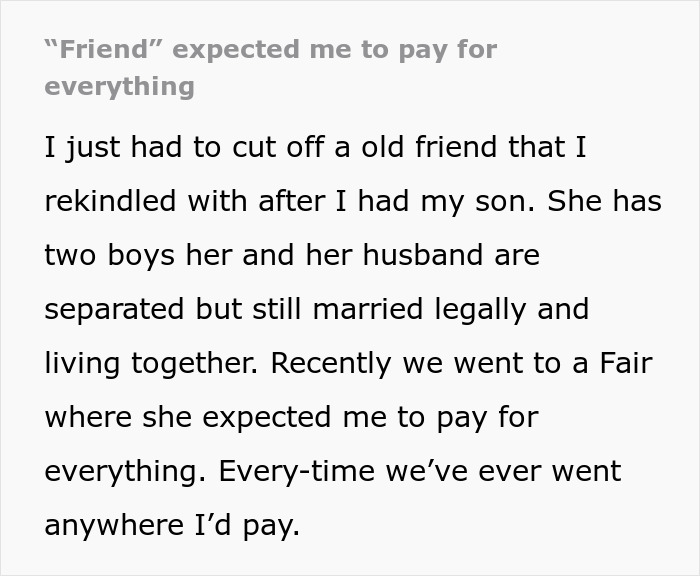
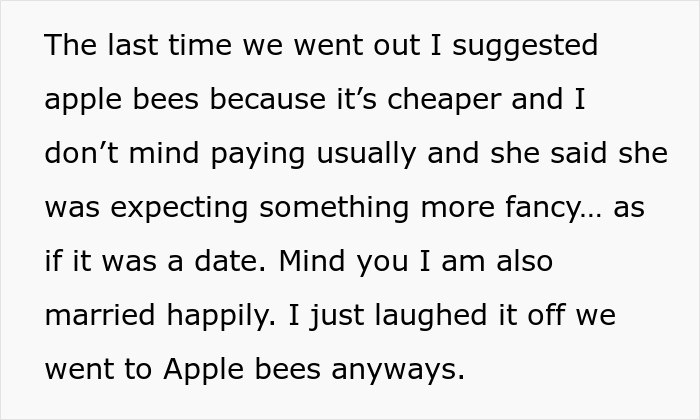
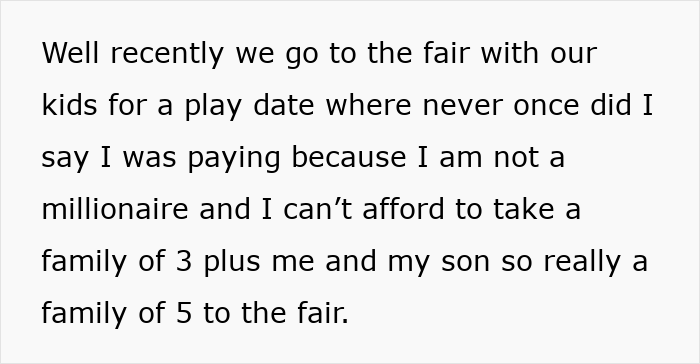
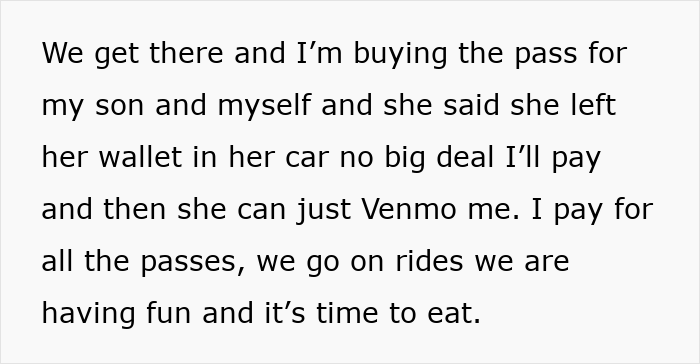
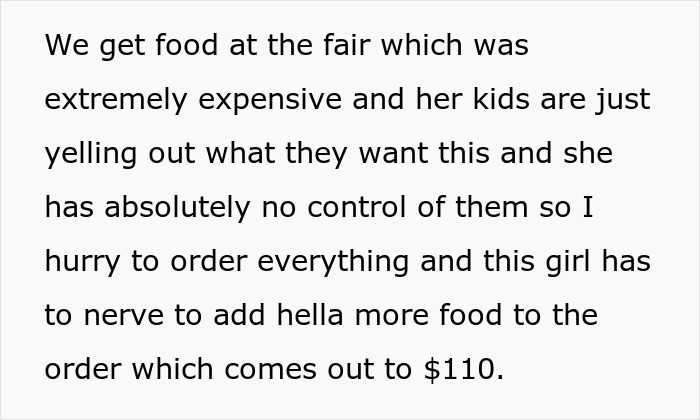


Image credits: voronaman111/Envato (not the actual photo)
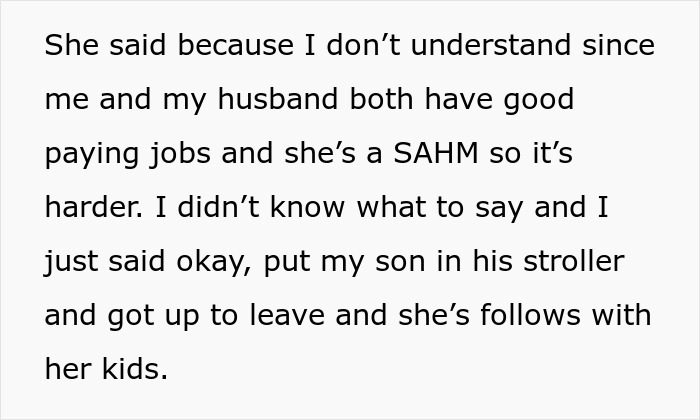
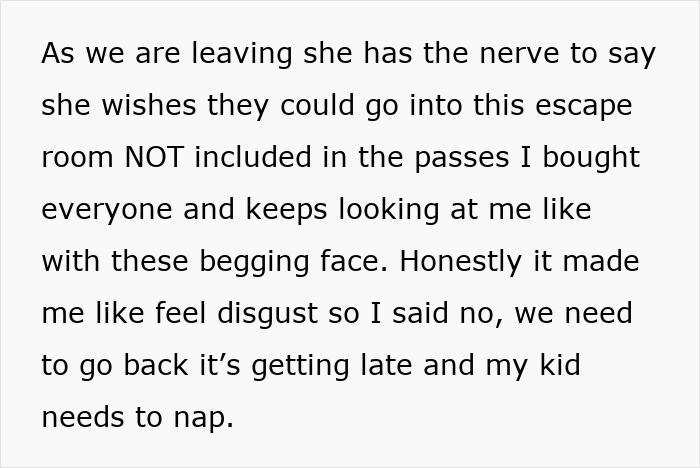
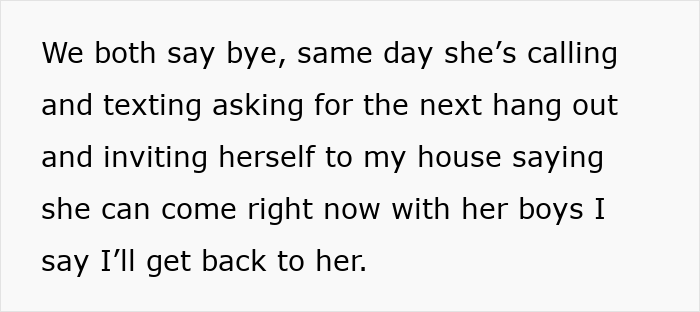
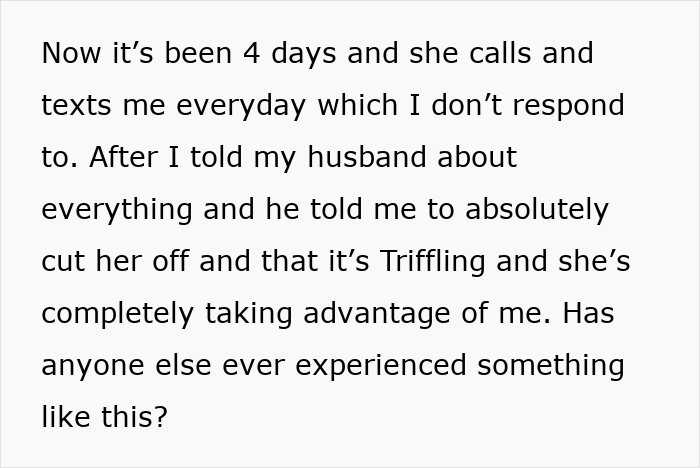
Image credits: Designer-Process1295
Knowing when it’s time to let go of a friendship
Friends are the family we choose, and it’s up to us to decide whether they deserve a place in our lives. That’s why it’s so important to be mindful of who we surround ourselves with. Make the wrong choice, and you might end up with someone like the friend the author of the story above was dealing with.
Luckily, the woman knew that expecting someone to cover all expenses isn’t right, and she wasn’t willing to put up with it. But for some people, cutting someone off isn’t that easy, especially if you’ve known them for years or shared a lot of history together.
Still, it’s okay to outgrow people. It’s okay to say no. And as uncomfortable as it may be, it’s okay to end a friendship that’s no longer healthy.
But how do you even approach something like this? Because, let’s be honest, it can be a really difficult conversation to have. Arlin Cuncic, MA, author of The Anxiety Workbook and founder of About Social Anxiety, wrote a guide for Verywell Mind explaining exactly how to handle it.

Image credits: Getty Images/Unsplash (not the actual photo)
According to her, the first step is to understand why you want to end the friendship. Writing your feelings down can help you process what’s been happening, whether it’s a lack of respect, growing apart, or realizing that the person only takes without giving back. Once you’re clear on your reasons, it’s easier to move forward.
Next, you can choose how to end things. Cuncic explains that some people prefer the gradual fade-out—texting less, turning down invitations, and letting things naturally drift apart. It’s a gentle way to create distance, especially if you’d rather avoid confrontation.
If that doesn’t feel right, you can have an honest talk. Focus on your feelings, not their flaws. Saying “I feel drained when…” instead of “You always…” helps avoid defensiveness and keeps the conversation respectful.
For others, taking a break might be the middle ground. It gives you time to step back and see how you feel with a bit of distance. And in situations that are clearly toxic or emotionally draining, it’s perfectly fine to end things immediately. You don’t owe an explanation to someone who repeatedly disrespects your boundaries.
Remember, feeling sad about a friendship ending doesn’t mean you made the wrong choice. In fact, it can be one of the healthiest decisions you make for yourself. Walking away doesn’t erase the good memories you shared, it simply shows that you’re ready to value your peace more than the moments that no longer felt right.
The author later shared more details in the comments
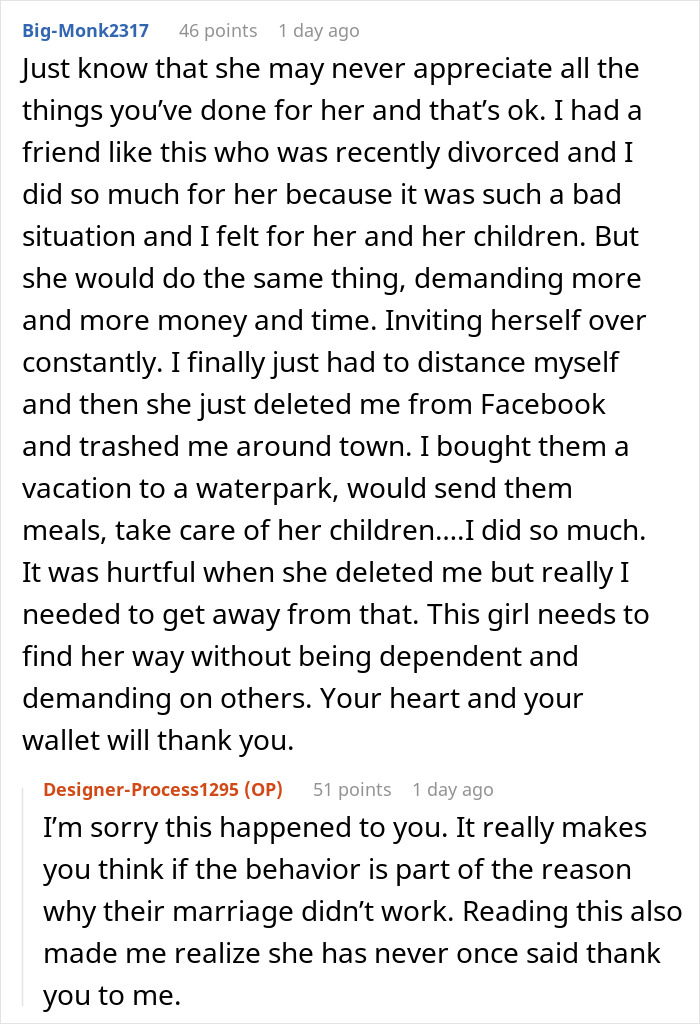
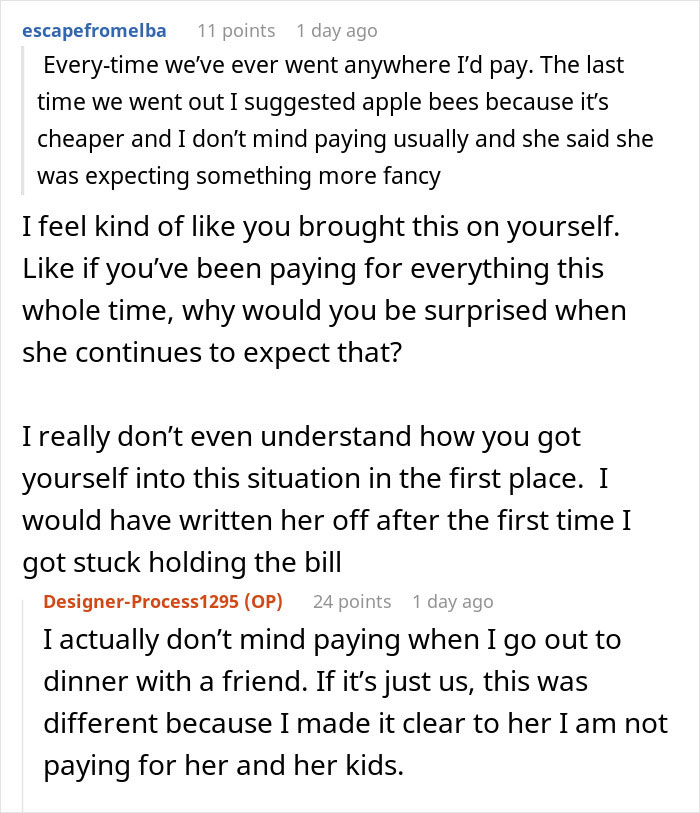

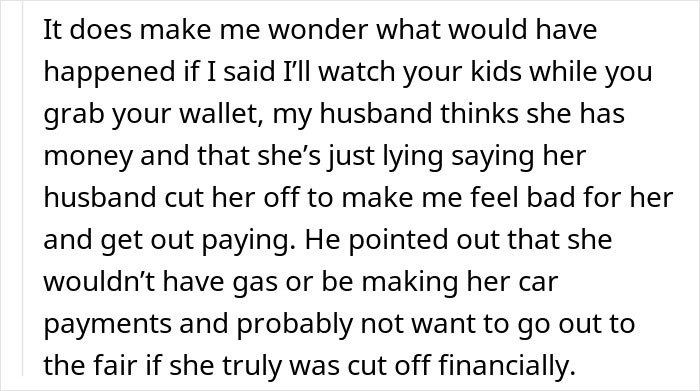
Many readers agreed the friend was awful and deserved to be cut off


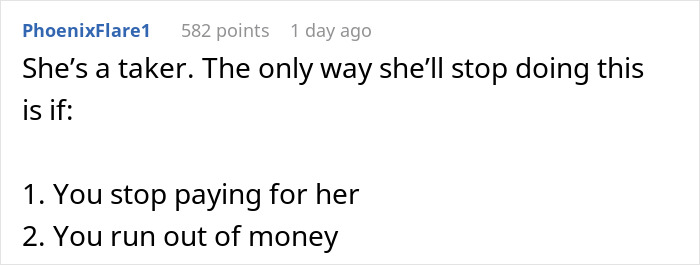
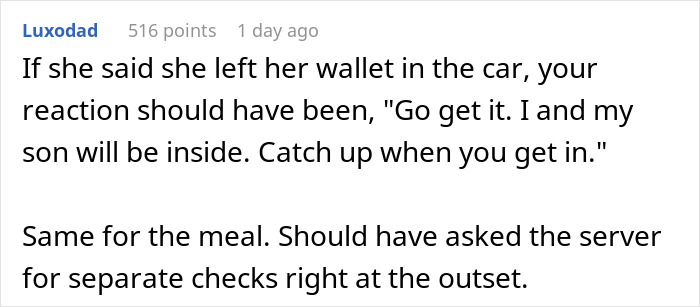
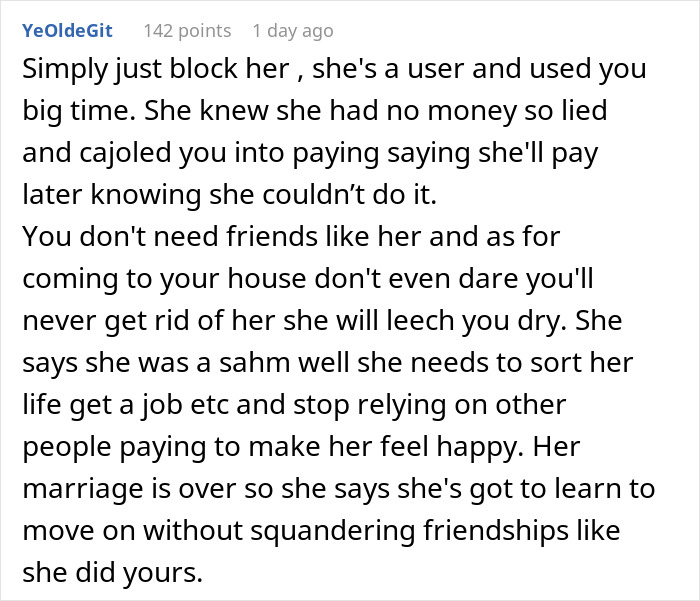
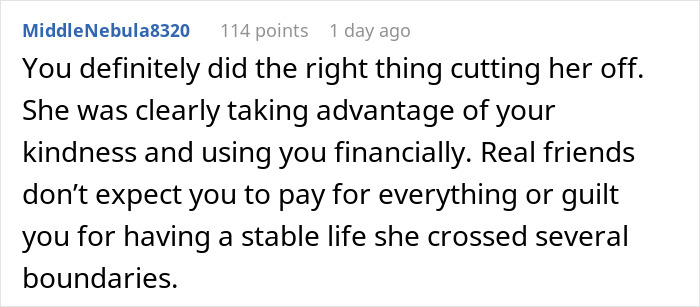
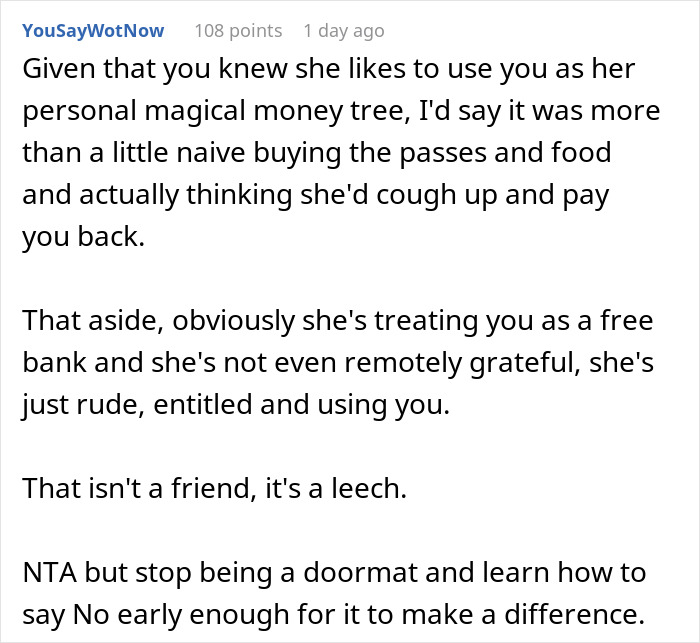


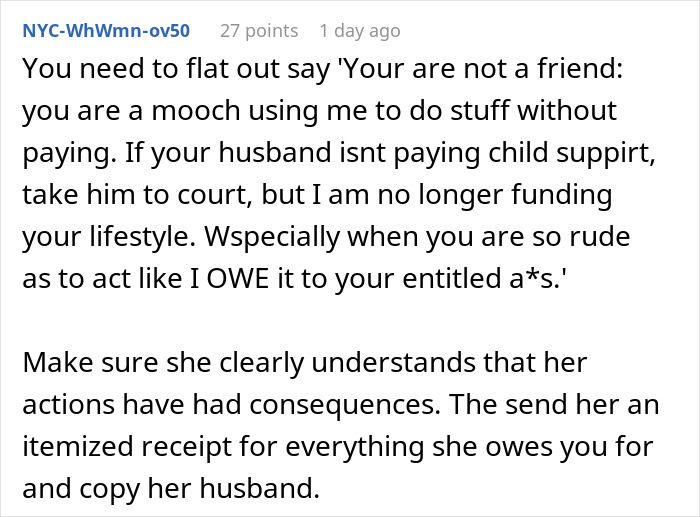







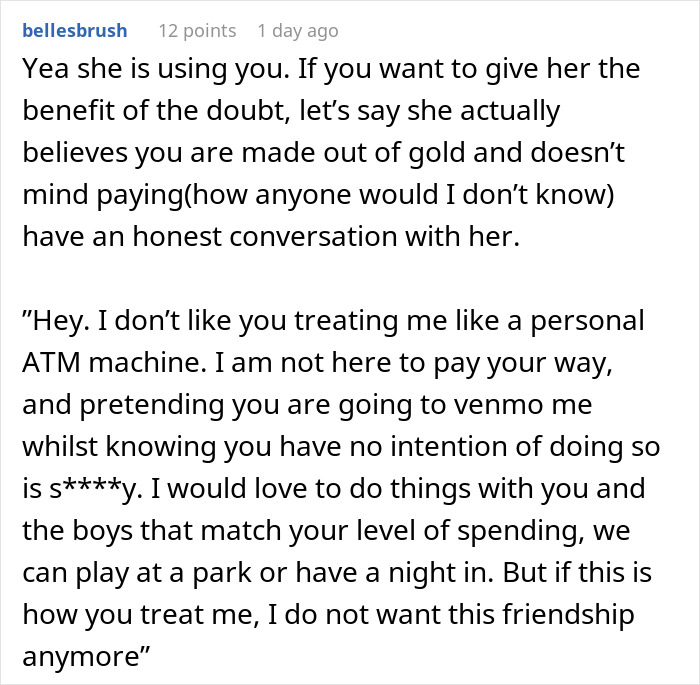
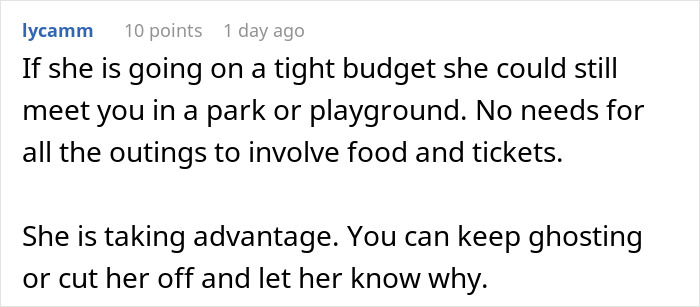
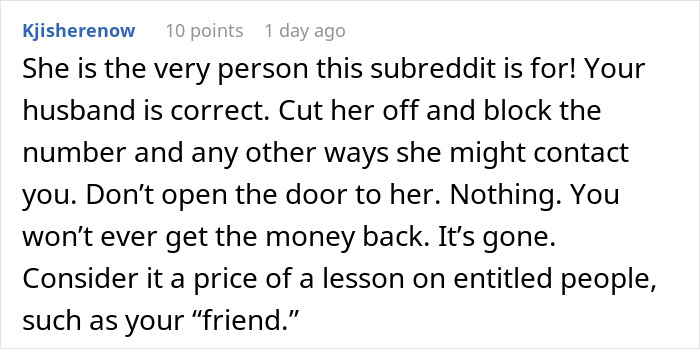

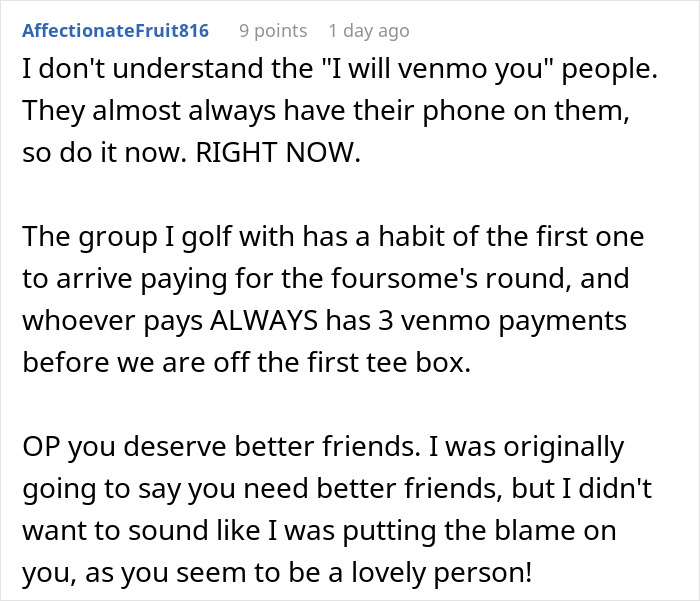
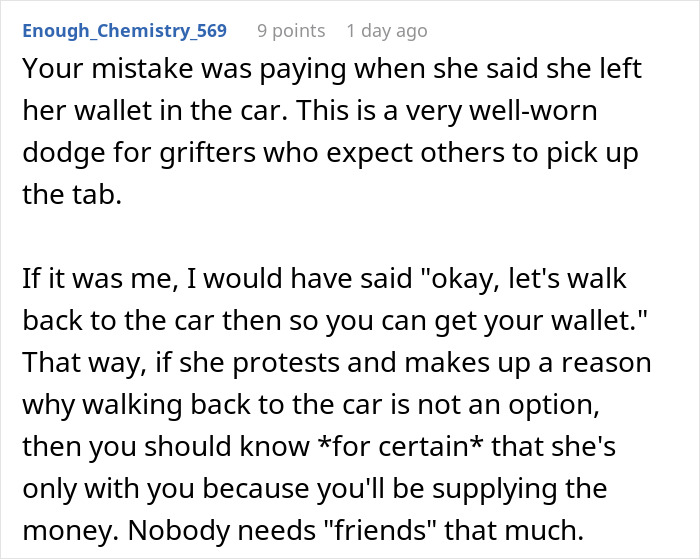
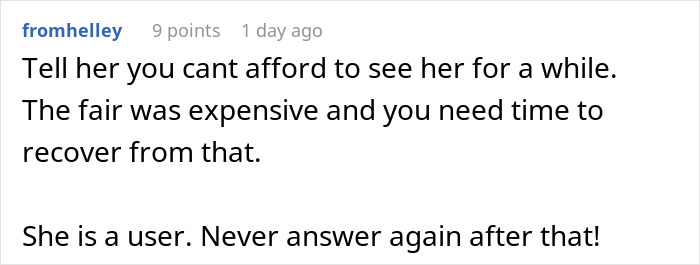
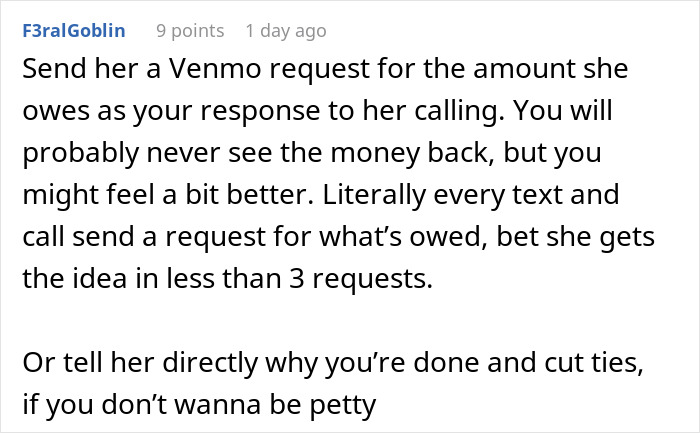
While others chimed in with similar stories
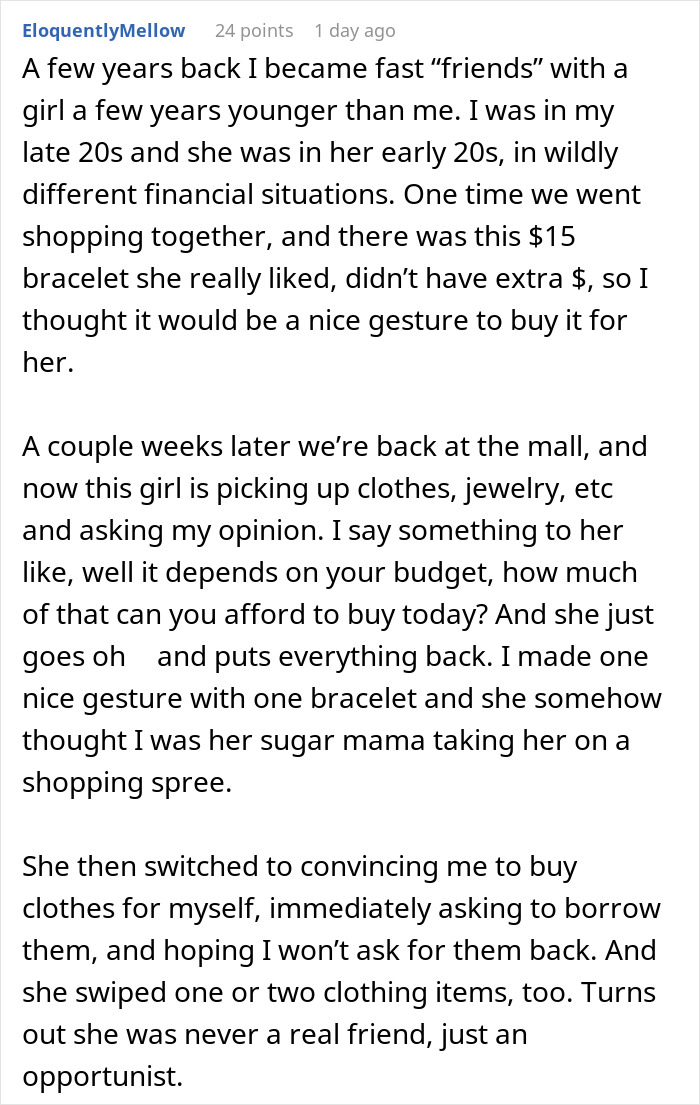


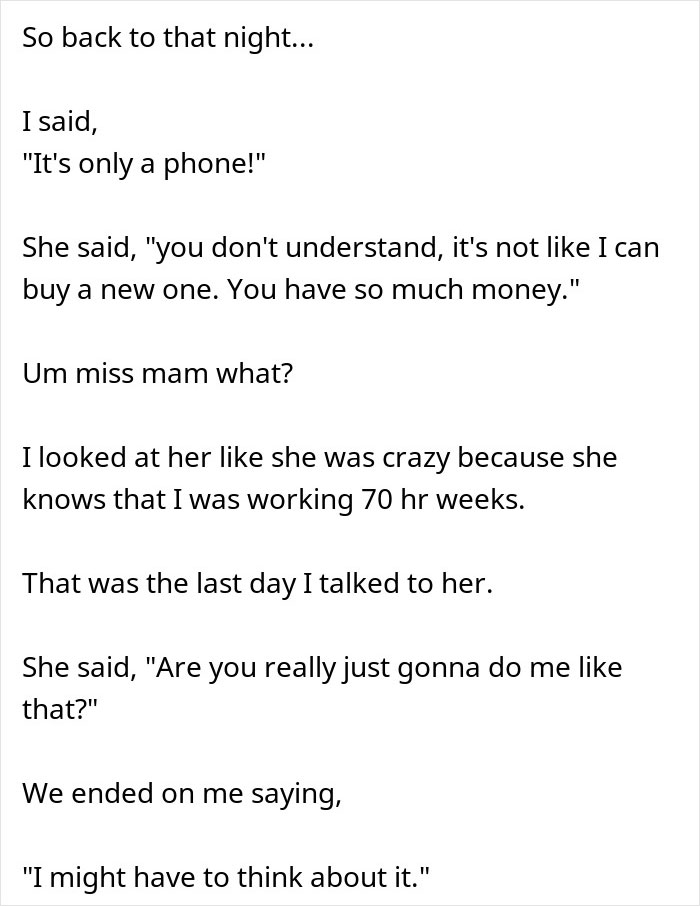
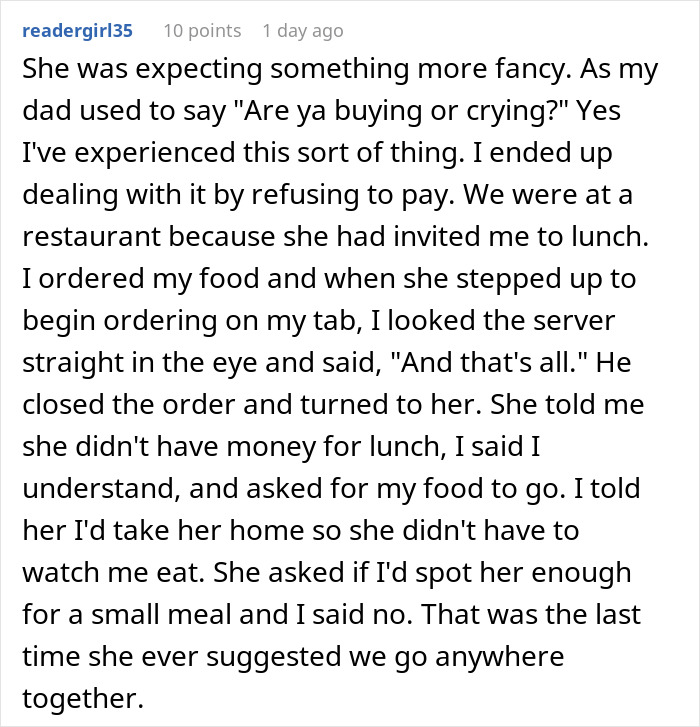
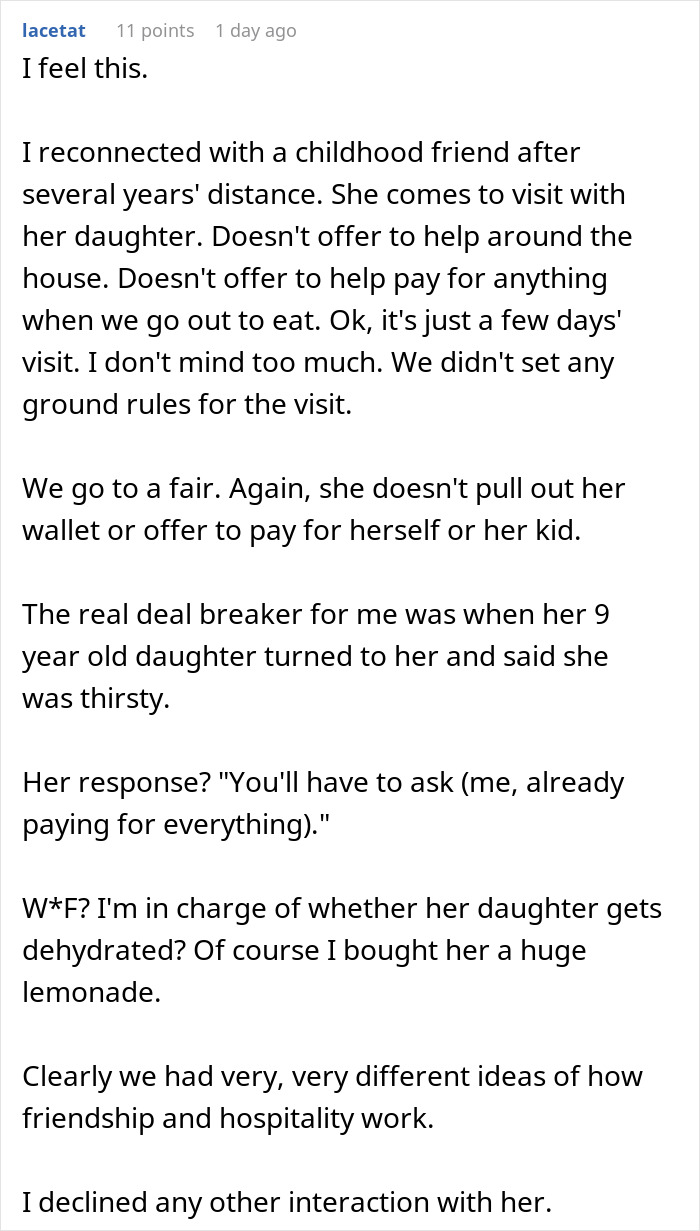
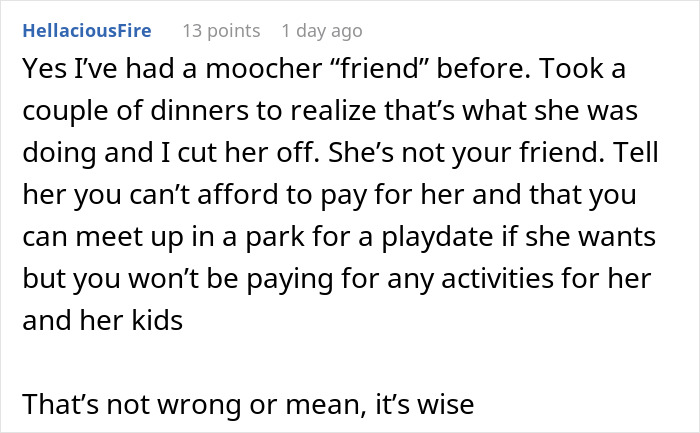
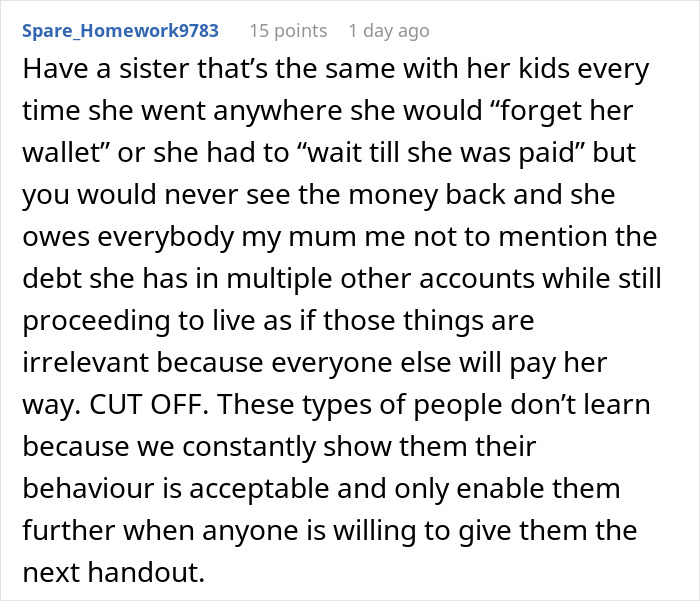
Soon after, the woman shared an update on how things turned out

Image credits: Simol1407/Envato (not the actual photo)
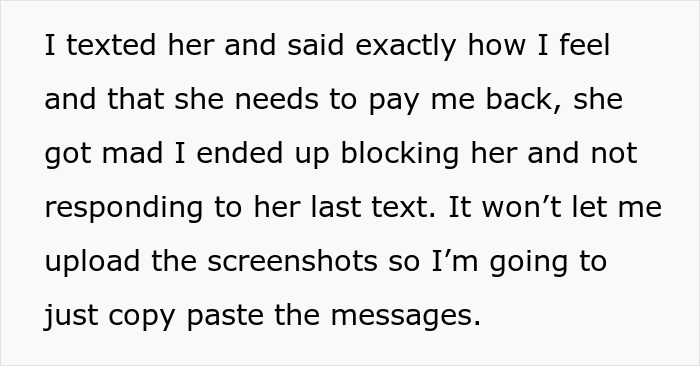
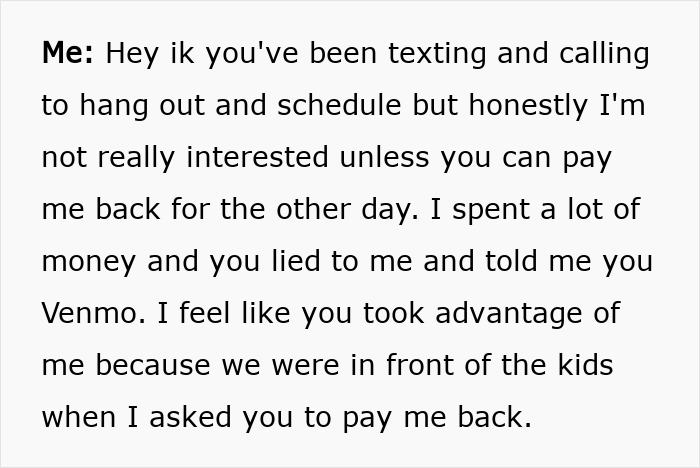
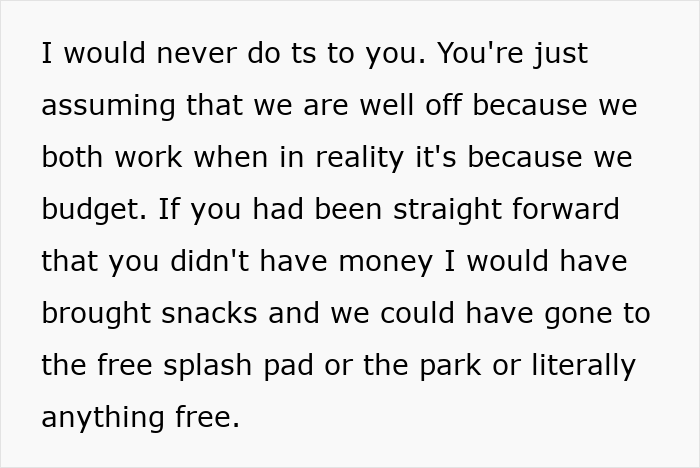
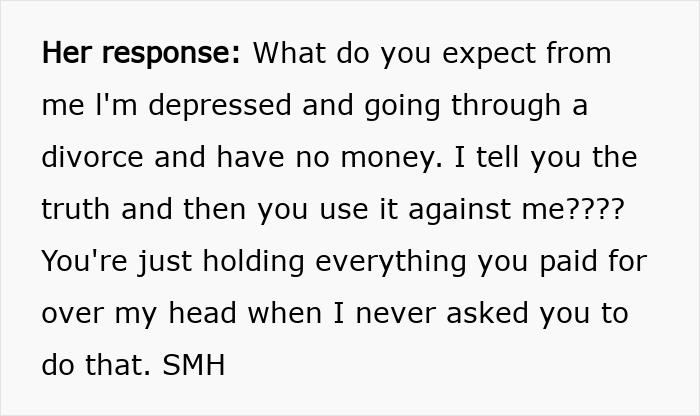
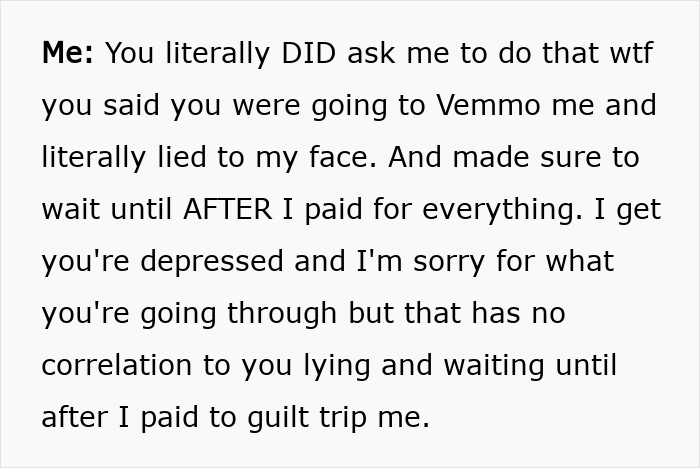



Image credits: Johnstocker/Envato (not the actual photo)
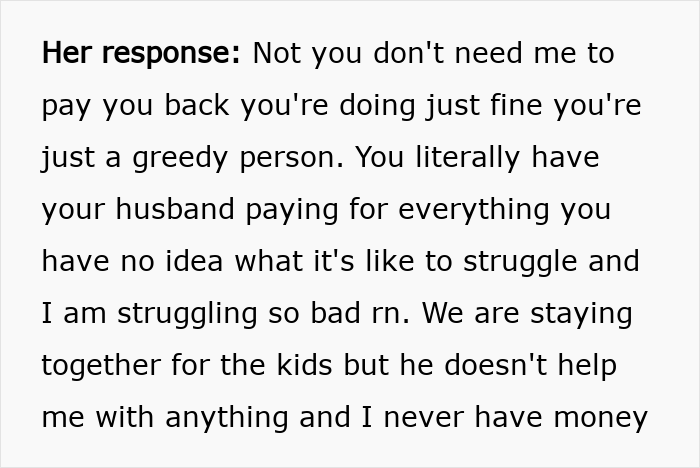

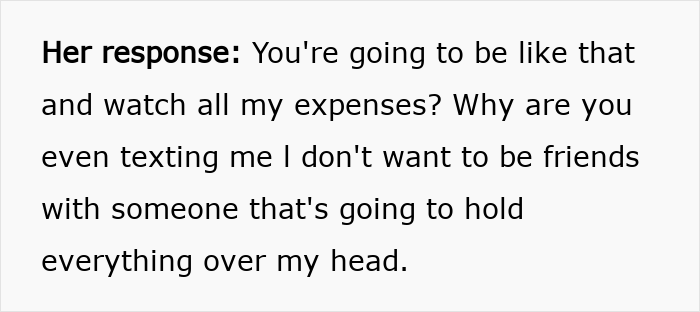
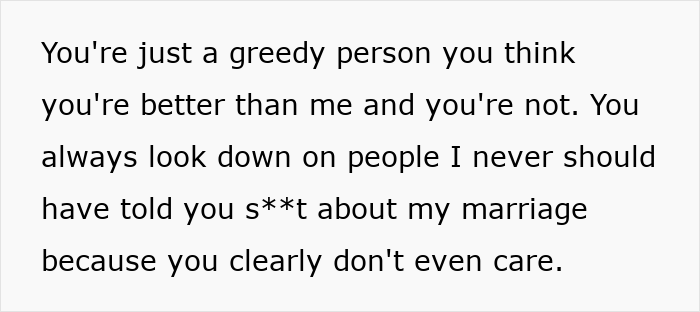

Image credits: Designer-Process1295
from Bored Panda https://ift.tt/so804OZ
via IFTTT source site : boredpanda